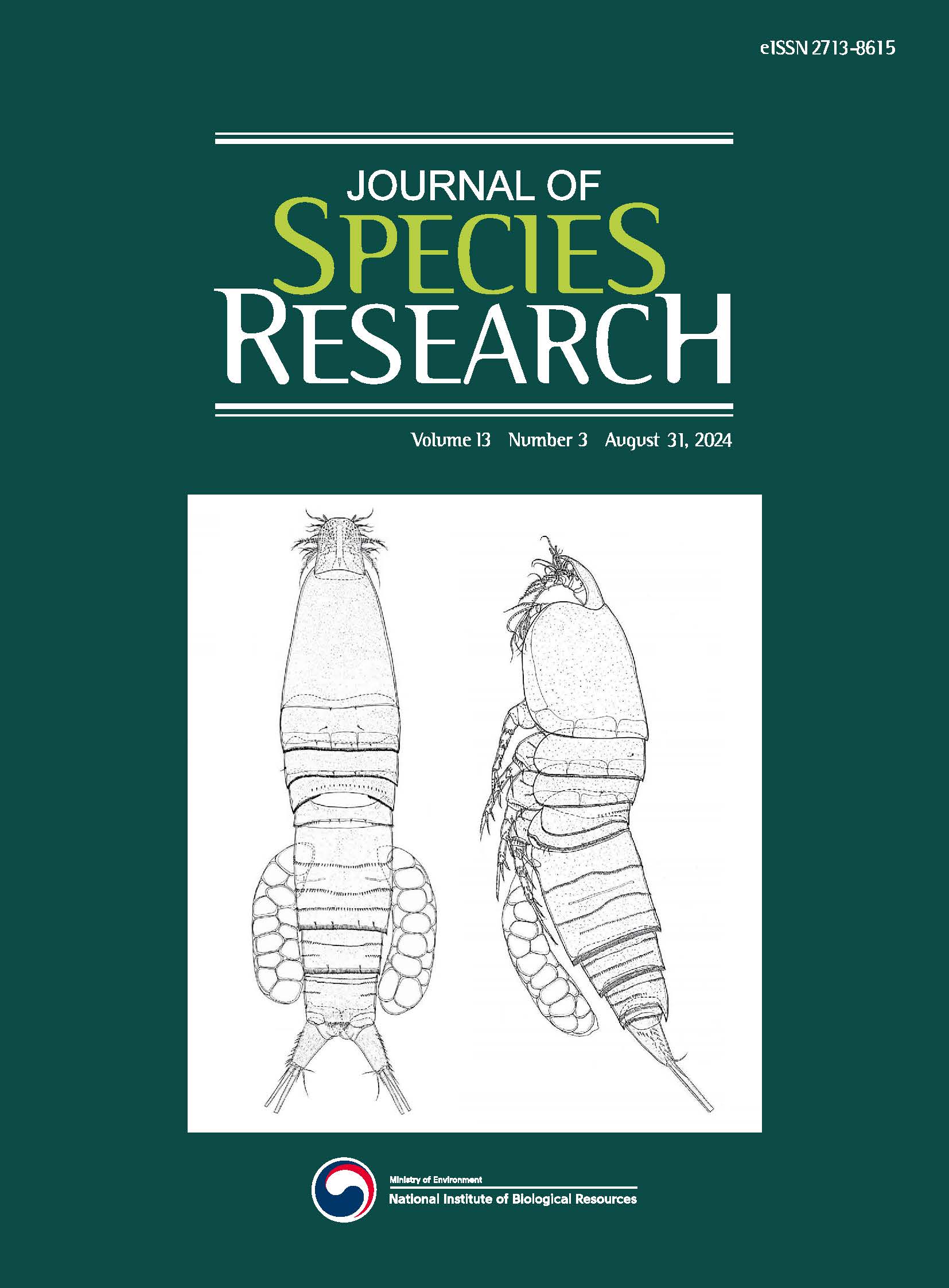- ENGLISH
- E-ISSN2713-8615
- KCI
Isolation and characterization of two unreported yeast species from wildflowers and mountain soil in Korea in the families Filobasidiaceae and Piskurozymaceae
Abstract
The purpose of this study was to isolate and identify wild yeasts from wildflower samples in Okcheongun and soil samples in Nowon-gu, Republic of Korea. Out of the fourteen strains identified, twelve had been previously reported, whereas two strains were unreported in the Republic of Korea. Identification of wild yeast strains was performed through pairwise sequence comparisons of the D1/D2 region of the 26S rRNA gene using the Basic Local Alignment Search Tool (BLAST) (Fell et al., 2000). Cell morphology was examined using a phase contrast microscope, and assimilation tests were conducted with the API 20C AUX kit. All strains were classified under the phylum Basidiomycota. The two unreported yeast strains, MFL-1 and NYB3-16, are classified under the genus Naganishia (family Filobasidiaceae, order Filobasidiales, class Tremellomycetes) and the genus Solicoccozyma (family Piskurozymaceae, order Filobasidiales, class Tremellomycetes), respectively. These two strains exhibited morphologies consistent with their type species. MFL-1 cells were circular, while NYB3-16 cells were oval. Both strains demonstrated polar budding. This study highlighted the morphological and biochemical characteristics of the two unreported yeast species that had not been previously documented in Korea. Keywords: 26S rRNA, Naganishia, Solicoccozyma,
- keywords
- 26S rRNA, Naganishia, Solicoccozyma, unreported yeasts
- 다운로드 수
- 조회수
- 0KCI 피인용수
- 0WOS 피인용수


